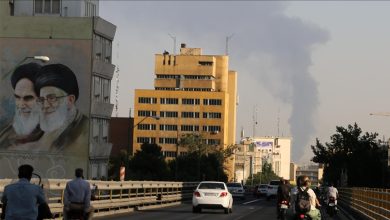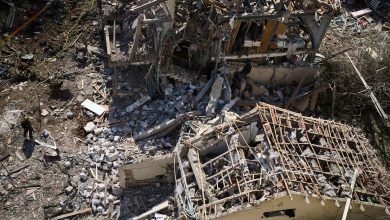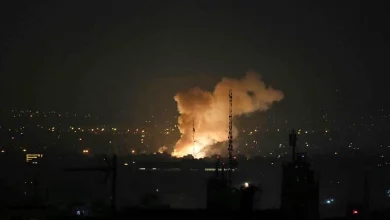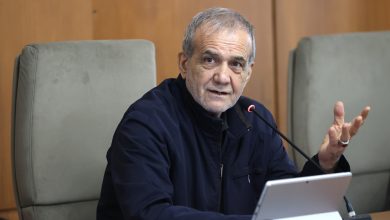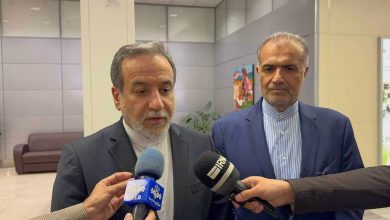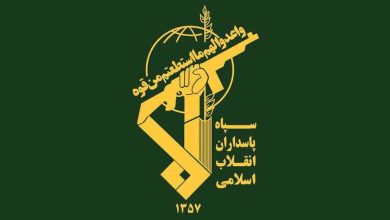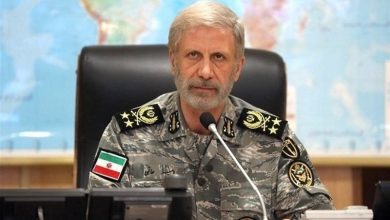Iran’s ambassador claims US military presence and sanctions as the root causes of the crisis in Syria
Iran's ambassador to Syria has asserted that the unlawful presence of United States forces in the Arab nation, coupled with their exploitation of Syrian resources and the imposition of sanctions on Damascus, has been a significant factor influencing recent events in the country, including militants seizing control of the capital.
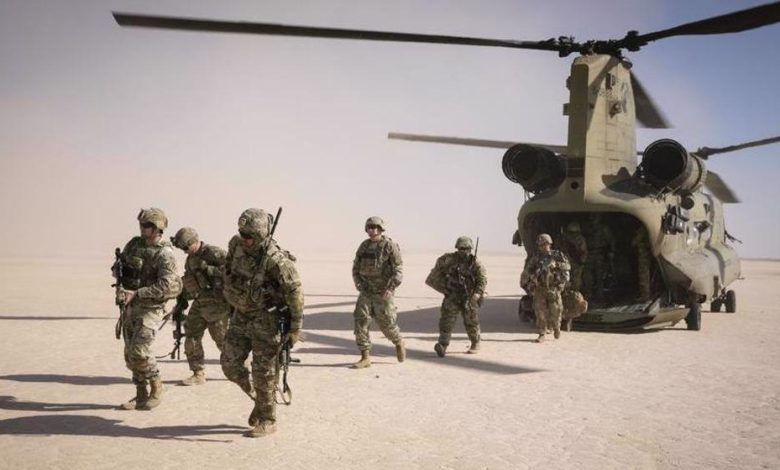
Hossein Akbari stated on Sunday that the United States continues to exert influence globally, despite assertions to the contrary, highlighting their presence in Syria’s key economic zones. According to Akbari, American forces have maintained control over crucial resources such as oil, gas, agriculture, and water for more than a decade, impacting the basic needs of the Syrian population.
“These resources have been illegally extracted and sold through smuggling operations, raising serious concerns about blatant foreign intervention.”
For an extended period, the United States military has maintained a presence in northeastern Syria, both in terms of personnel and equipment. According to statements from the Pentagon, this strategic deployment is intended to safeguard oilfields in the region from being seized by Daesh militants.
Damascus has asserted that the deployment of foreign forces is intended to exploit the nation’s natural resources. This allegation was bolstered by former U.S. President Donald Trump, who on several occasions acknowledged that American troops were present in the Arab state primarily to secure its oil assets.
The ambassador attributed the myriad challenges faced by the Syrian populace, such as ongoing power outages and the prevailing economic crisis, to the continued presence of United States forces in the region.
Akbari emphasized that the United States’ assertions of non-intervention are “entirely inconsistent with its actions.”
Akbari pointed out that the United States has “imposed sanctions on the Syrian government” and “supplied weapons and equipment to opposition forces,” actions he characterized as clear examples of foreign interference.
He cautioned that external interference in Syria, coupled with the range of ideologies and movements present, has the potential to foster instability within the nation.
Optimistically, there is a collective aspiration that divine intervention will enable the nation to harness the advantages of security and surmount its current challenges.
On Sunday, armed factions spearheaded by Hayat Tahrir al-Sham (HTS) militants seized control of the Syrian capital, resulting in the toppling of President Bashar al-Assad’s government.
Syrian Prime Minister Mohammed Ghazi Jalali announced that the government is prepared to “extend its hand” to the opposition and transfer its responsibilities to a transitional administration.

